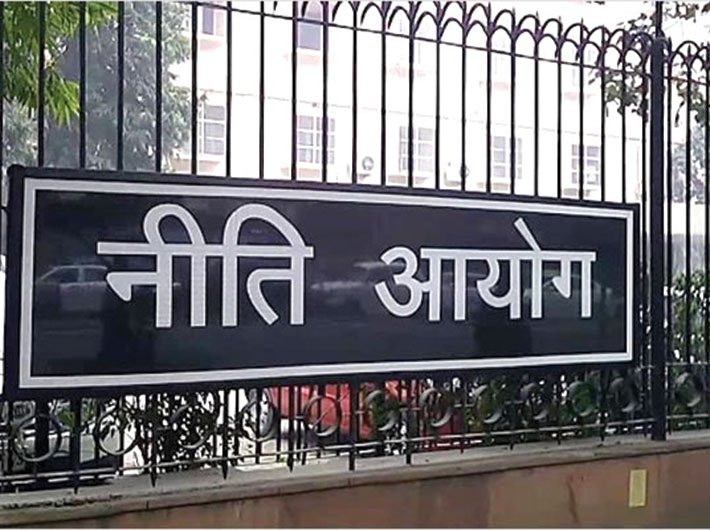Ensure disposal of proceedings in time and ensure that the project under dispute should not stall as a consequence of the difference
In addition to restructuring the arbitration setup, there are a few issues that need to be addressed at the policy level, said a Niti Aayog report which added that foremost amongst these is ensuring disposal of proceedings in time and ensuring that the project under dispute should not stall as a consequence of the difference.
India has an estimated 31 million cases pending in various courts. As of December 31, 2015, there were 59,272 cases pending in the supreme court, around 3.8 million cases pending in the high courts and around 27 million pending before the subordinate judiciary. Twenty six percent of cases, more than 8.5 million, are more than five years old. It has been estimated that 12 million Indians await trial in criminal cases throughout the country. On an average it takes twenty years for a real estate or land dispute to be resolved.
Read: Thrash it out
The report “Strengthening Arbitration and its Enforcement in India – Resolve in India” by Niti Aayog member and economist Bibek Debroy and Niti Aayog official Suparna Jain said: “It has often been observed that work under contract gets stalled due to disputes particularly in government infrastructure projects. Two main reasons for this are lack of decision making strength with officials in resolving the arbitration proceedings and apprehension that they may be hauled up or may face the vigilance proceedings. In such cases not only the disputes needed to be nipped in bud considering the money value over time but also the proceedings should not be allowed to linger on any account.”
“One suggested way of fast tracking of disputes in case of government contracts is having an independent settlement committee consisting of a retired high court judge, secretary of the concerned ministry and another member which could be approached by the stake holders at any stage of proceedings for resolution of disputes.”
The second issue is converging between the legal regimes for international arbitration and domestic arbitration. The domestic regime for arbitration should follow the principles of the international regime and equal standards should be applied to both the regimes.
The third is the scope of challenging the arbitration award before courts. Under Section 34 of the Indian Arbitration and Conciliation Act, 1996 (the Act) an award would be considered to be in conflict with the public policy in India only of “(i) the making of the award was induced or affected by fraud or corruption or was in violation of section 75 or section 81 or (ii) it is in contravention with the fundamental policy of Indian law or (iii) it is in conflict with the most basic notions of morality or justice, the test as to whether there is a contravention with the fundamental policy of Indian law shall not entail a review on the merits of the dispute. Challenging arbitral awards on grounds of “public policy” has become an Achilles heel for arbitration in India: a means by which losing parties can attack arbitral awards, on much broader grounds than are permitted in other countries.
The report noted that this has been a source of conflicting opinion between the Law Commission and interpretation by the Supreme Court on what constitutes public policy. When considering the enforcement of foreign awards, the courts have adopted a narrower approach and as far as domestic awards are concerned, the courts have upheld a broad view of public policy.
The dispute resolution process has a huge impact on the Indian economy and global perception on “doing business” in India. This is clearly indicated by World Bank rating on Ease Of Doing Business 2016 which has ranked India 131 out of 189 countries on how easy it is for private companies to follow regulations. The study notes that India takes as much as 1,420 days and 39.6% of the claim value for dispute resolution.
Read: Niti Aayog report - Strengthening Arbitration and its Enforcement in India – Resolve in India
